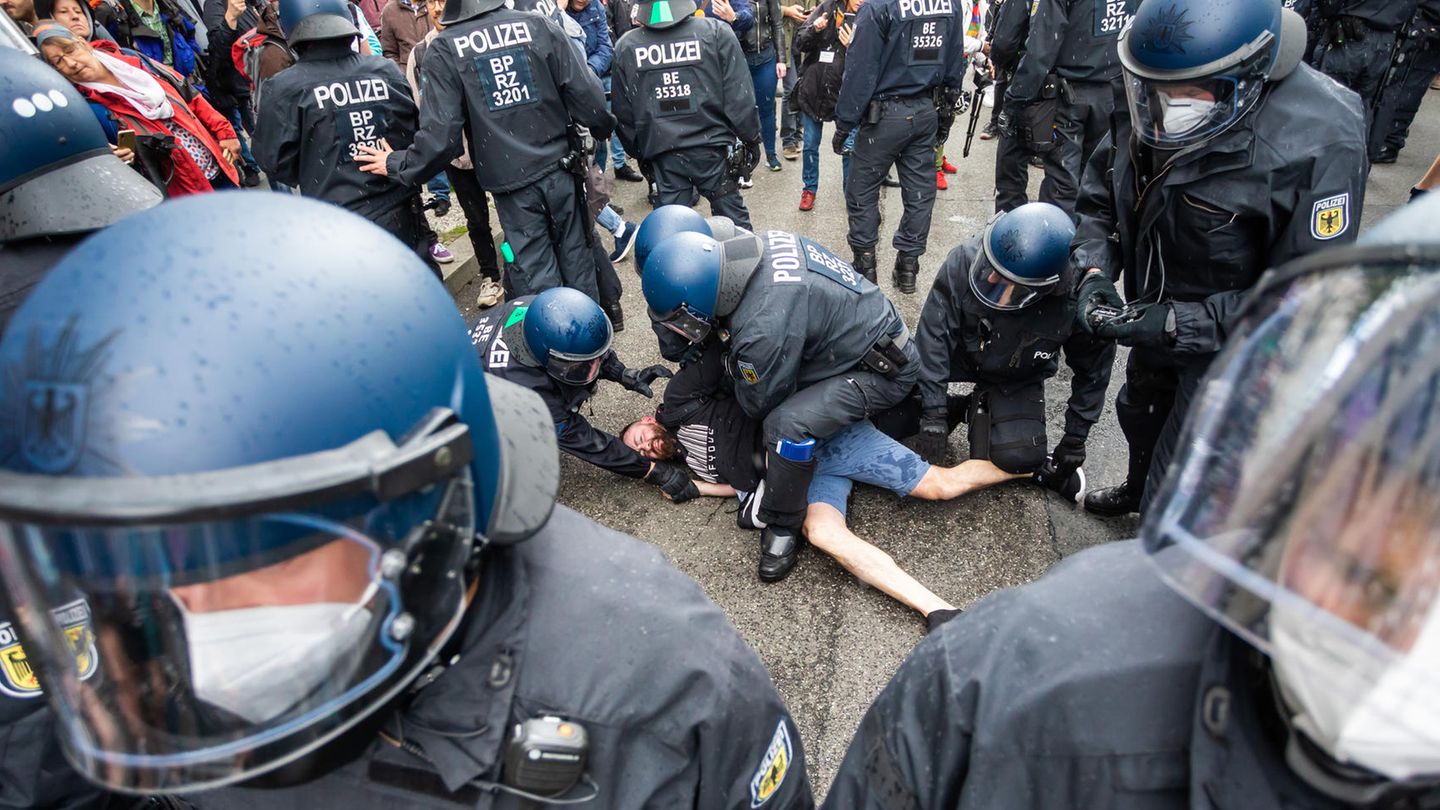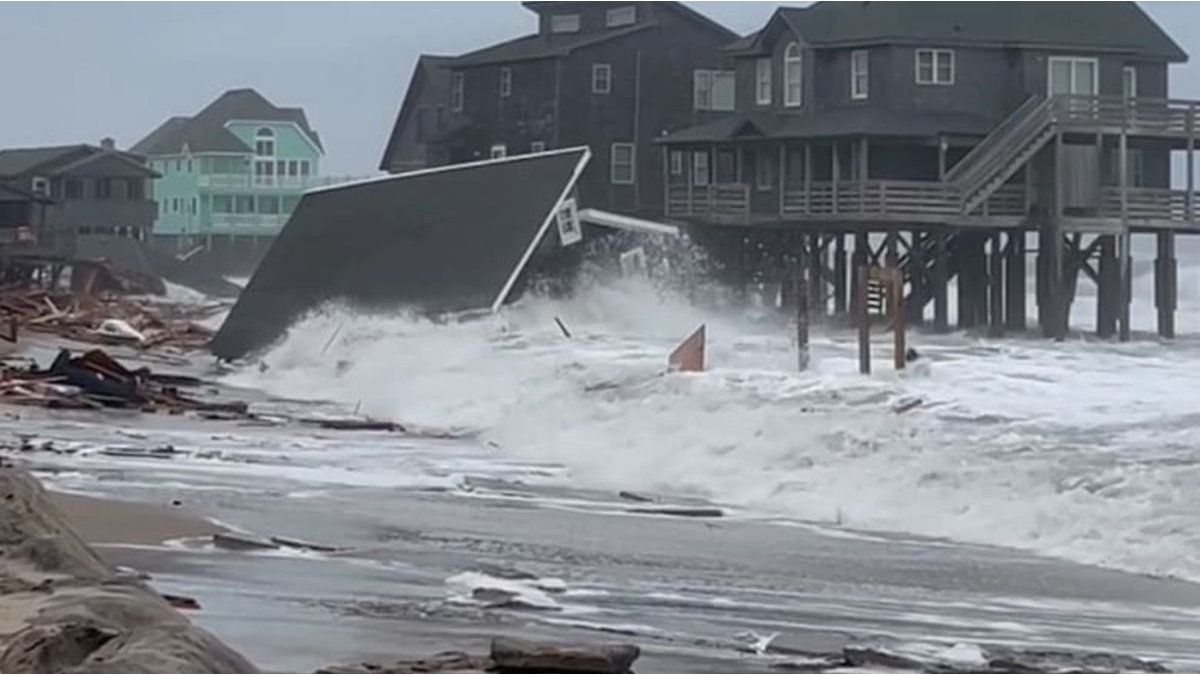The number of politically motivated crimes has hit a new record high during the coronavirus pandemic. Who are the people who are becoming increasingly radicalized?
By Marina Hoecker
Politically motivated crimes are at the highest level since counting began in 2001: preliminary statistics from the Federal Criminal Police Office show that more than 47,300 offenses were counted last year – an increase of six percent compared to the previous year. Due to possible late reports – the government had requested the data on January 5th – the number could end up being even higher.
It is striking that fewer and fewer crimes can be assigned to a political spectrum. They are the cause of the increase in crime – a trend that was already evident in the 2020 statistics. More than 17,000 criminal offenses were not ideologically attributable to the police last year, including over 1,000 acts of violence.
A frequent scene of crime: demonstrations. According to the security authorities, the heated social climate during the pandemic plays a key role in the increase in crime. The Marburg conflict researcher Ulrich Wagner also suspects an effect from the corona measures. “Before the pandemic, the number of politically motivated crimes tended to fall, while they increased at the same time as the restrictions were imposed. It is difficult to necessarily assume a connection, but that is striking – and also psychologically understandable,” he explains to the stern.
Coronavirus protests: why people commit crimes there
Because behind all models that deal with the reasons for radicalization, according to the researcher, there is always one thing: the feeling of not being able to achieve anything in any other way. “That also coincides with the background of many who are now protesting,” says Wagner on the occasion of the demonstrations, in which some participants do not shy away from violence.
But that is not the only reason for those taking to the streets against corona measures: the impression of political inactivity, great media attention and social networks also contribute to mobilization. And there is one more thing that cannot be denied: that right-wing extremists are exploiting the protests.
Of course, anyone who takes part in demonstrations does not immediately commit a crime. So what causes individuals who do not seem to belong to an extremist spectrum to radicalize and use violence? Ulrich Wagner says: “A dynamic often develops on site: if someone starts to act violently towards law enforcement, this creates imitation behavior.” And this violence has continued to increase – without the demonstrations becoming ever larger.
Conflict researcher calls for tougher crackdown on demos
In order to tame those who radicalize themselves, Wagner advocates more decisive political action. “Many observe that politics is hesitant. Critics feel that this confirms their own skepticism,” says the conflict researcher. At the same time, it is necessary for law enforcement and the courts to take tougher action. “Because one component that keeps someone from committing a crime is always the risk that you take. Violence has a lot to do with the impression that law enforcement isn’t working.”
Would the end of the pandemic also mean the end of the protests? Not quite, says Wagner – and certainly not the politically motivated acts of violence. “I am sure that the number of corona protesters will decrease towards the end of the pandemic. At the same time, there will certainly remain a small group that will then jump onto another topic – for example climate protection measures. But that does not have to mean that the acts of violence They could also simply shift, for example by targeting more politicians and journalists.”
Rainer Wendt, head of the German police union, is concerned about the increasingly radical corona protests. With a view to possible long-term consequences, he considers the danger “of people turning away from the democratic spectrum and being recruited by right-wing extremists” to be very high. In order to prevent that, a debate about the advantages of the free social order is necessary. Politicians must be at the forefront of such a debate, “it must not exclude and demonize, but must also conduct a dialogue with critics, which the population cannot choose.”
Source From: Stern
David William is a talented author who has made a name for himself in the world of writing. He is a professional author who writes on a wide range of topics, from general interest to opinion news. David is currently working as a writer at 24 hours worlds where he brings his unique perspective and in-depth research to his articles, making them both informative and engaging.




